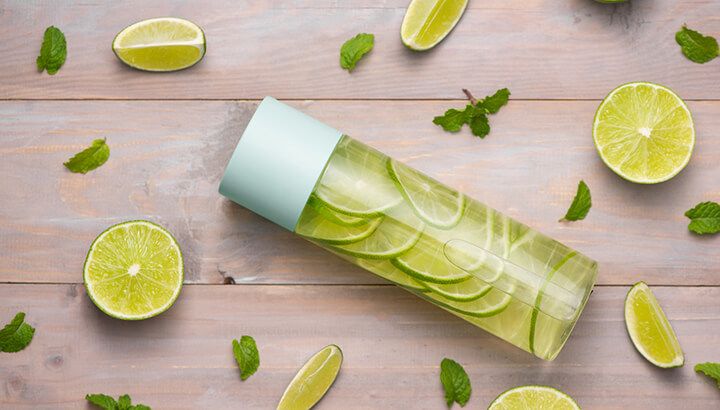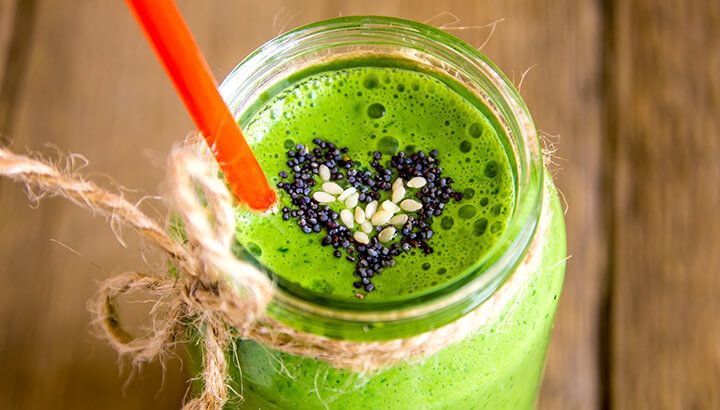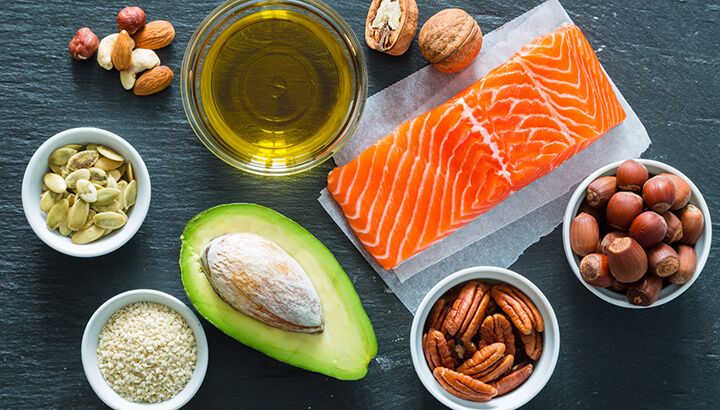
Despite “having it all,” Westerners are stressed out. Our modern lifestyles may be more convenient but our health is often paying the price. Between work and the daily challenges of life, our bodies are in a constant state of fight-or-flight.
What happens? We end up facing complications associated with adrenaline dominance.
What’s up with adrenaline?
Adrenaline is simply a hormone, which is released when we’re stressed. It is also associated with intelligence, mental energy and creativity.
Although there is no denying the importance of this hormone, when produced in excess, numerous health problems can quickly arise. This is the problem that many face today, as their stress hormone levels remain high throughout the day — even when they are not in any immediate danger.
Activated by nerves connected to the adrenal glands, the secretion of adrenaline is triggered very rapidly following a stressful situation. Although levels should subside once this situation is over, the overproduction of adrenaline is common.
For example, it is believed that those who are obese or suffer from sleep apnea, may experience high levels of adrenaline production at night as they try to breathe. In turn, this may contribute to the development of high blood pressure.
Related: Is Stress Killing You? Here Are 5 Tips For Finding Stillness and Overcoming Anxiety
Since too much adrenaline in the body can lead to both physical and emotional symptoms, it is critical that you return to baseline. If you do not break this cycle, experiencing chronic overproduction, you can weaken your immune system, increase your risk of poor cardiovascular health, and even damage your DNA.
The importance of your diet to better control adrenaline levels
Of course, many variables are to blame. However, among those who are stressed out, it is important to address lifestyle variables, including diet. This is because the foods we consume have a direct effect on rising stress levels. Caffeinated drinks, for instance, may give you an initial burst of mental energy, but they can also worsen feelings of anxiety.
Whether you’re known to eat a lot of sugar or saturated fats, this poor food choices can actually make it more challenging for you to process difficult situations. In comparison, when you provide your body with the nutritional tools it needs to function at an optimal level, your body and mind can better adapt to everyday scenarios that cause increased adrenaline production.
How to stop adrenaline production with your diet
If you are sick of feeling sluggish due to your weekly grind, it’s time to focus on healthier dietary habits. The following five changes can be implemented with ease:
1. Chug back that H2O

With easy access to drinking water, you may be surprised to hear that approximately 75 percent of Americans suffer from chronic dehydration. Although you may only drink water when you feel thirsty, researchers have stated that the sensation of thirst means that you are already dehydrated.
Starting today, increase your intake of water. You should be drinking half of your body weight in ounces daily. This means that if your weight 140 pounds, you should be drinking 70 ounces of water daily — which is 8.75 cups. This will promote greater internal balance.
2. Ditch high-glycemic foods

The USDA has stated that on average, each American consumes around 20 teaspoons of added sugar daily. When your body experiences a rise in blood sugar, the pancreas and adrenal glands produce extra insulin, adrenaline and cortisol. Not only does this threaten the heart and brain, but also increases one’s risk of significant weight gain.
When aiming to reduce adrenaline, ditch all foods that contain processed sugar and white flour. It is also recommended that you avoid (or at least reduce your consumption of) high-glycemic fruits. This includes orange juice. Instead, consume more fruits such as berries, grapefruit, pears, kiwis and peaches.
3. Drink one green smoothie a day

Get into the habit of making at least one green smoothie each day. Smoothies are an easy way to pack in a wide range of nutrients in one easy-to-consume serving. By adding various greens and other nutrient-dense ingredients, you will naturally boost your immune system while supporting your adrenal glands.
Greens can also encourage the body’s detoxification pathways. If you are currently suffering from adrenal fatigue, your body may not be flushing toxins as efficiently as it should. Supporting liver function, the ingredients in green smoothies will then reduce the pressure placed on the adrenal glands.
4. Say ‘no’ to processed junk

We’re well aware how processed foods threaten our health. Whether your favorite snack is jam on white bread or pretzels, these types of foods deliver minimal nutrients. However, just because they don’t offer nutritional value, they still cause a rise in blood sugar levels.
It has been found that when we consume these types of foods, high in refined sugars, cells throughout the body become damaged. Over time, this can lead to metabolic syndrome, insulin resistance and dysfunctional adrenal glands.
5. Say ‘yes’ to dark leafy greens and healthy fats

High in magnesium, dark leafy greens have been shown to reduce c-reactive protein levels — which is a marker for inflammation. Best of all, dark leafy greens have been shown to curb sugar cravings. To support mental and physical balance, consume more spinach, romaine, kale, collards and arugula.
Healthy fats are also imperative, as they help maintain steady blood sugar levels, improve your mood, support cardiovascular health, and help you avoid stressing your adrenal glands. Consume more wild-caught fish, avocado, nuts, seeds, coconut oil and olive oil.
Although you cannot control everything that happens in your life, you can control what you eat. Change your diet to combat overactive adrenal glands today!
— Krista Hillis

